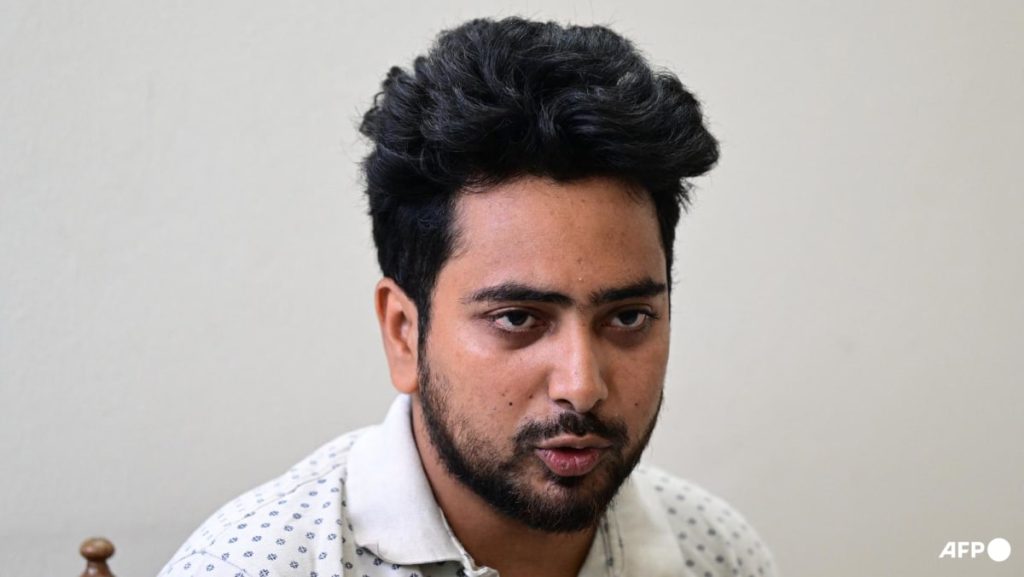The unemployment crisis in Bangladesh has left around 18 million young people without work, a situation exacerbated by a controversial quota system that many believe was used to fill public jobs with loyalists to the ruling Awami League. Prime Minister Sheikh Hasina has been in power since 2009 and won her fourth consecutive election in January, with critics accusing her government of using state institutions to maintain control and silence dissent. This has included allegations of extrajudicial killings of opposition activists, leading to increasing unrest in the country.
Opposition parties have been accused by government ministers of inciting violence, resulting in arson attacks on government buildings and police posts. The government responded by imposing a ban on Jamaat-e-Islaami, Bangladesh’s largest Islamist party, preventing the organization from holding any public gatherings. Despite largely peaceful protests, the situation escalated when police and pro-government student groups began targeting demonstrators, leading to widespread condemnation from international bodies such as the European Union.
European Union foreign policy chief Josep Borrell criticized the Bangladeshi government for its use of “excessive and lethal force against protesters and others.” In response to the violence, a human rights law firm representing Australia’s Bangladeshi diaspora wrote to the International Criminal Court in The Hague seeking a preliminary examination of the situation. The firm argued that there was no evidence of the government conducting an independent or thorough investigation into the violence. However, it is ultimately up to the ICC to decide whether to take up the case.
The situation in Bangladesh has reignited concerns about the government’s control over state institutions and its crackdown on dissent, with accusations of rights abuses and extrajudicial killings. The ban on the Islamist party and the violent response to protests have raised alarm among international observers, with calls for a transparent investigation into the use of force by law enforcement. The ongoing unrest highlights the challenges facing Bangladesh as it grapples with political turmoil and an increasingly restive population seeking change and accountability.
The combination of a dire unemployment crisis, accusations of government corruption, and the violent suppression of protests has created a volatile situation in Bangladesh. The ruling Awami League’s stronghold on power and allegations of human rights abuses have drawn condemnation from international bodies, prompting calls for accountability and justice. The ban on the Islamist party and the subsequent violence against protesters have further drawn attention to the government’s handling of dissent and its use of force to maintain control. As the country grapples with political and social unrest, the need for a transparent and independent investigation into the recent events becomes increasingly urgent.


